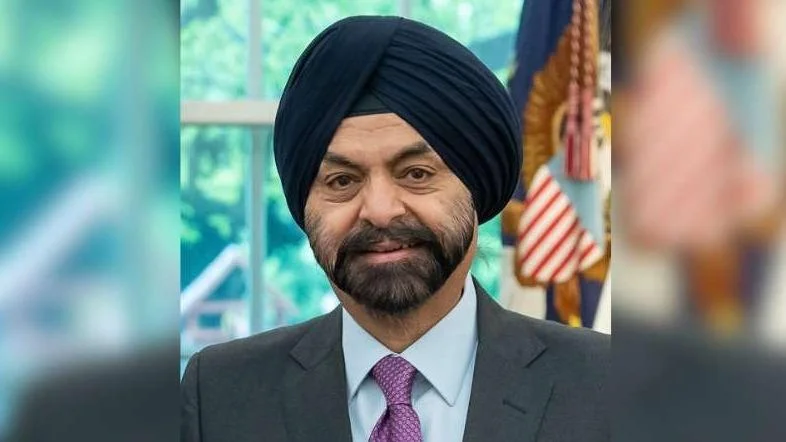Bangladesh and the World Bank have entered into two financing agreements amounting to $850 million. This funding is aimed at assisting the development of the Bay Terminal deep sea port and modernizing the country's social protection framework to encourage job growth and inclusive economic progress.
"To remain on a sustainable growth path, Bangladesh must create quality jobs for its population, particularly for the nearly 2 million youth who enter the labor market every year," expressed Gayle Martin, World Bank Interim Country Director for Bangladesh. "This financing package will be a game changer for job creation by enhancing trade and export competitiveness and helping the most vulnerable graduate from social protection programs and get ready for the job market."
A major portion of the financing, $650 million, is allocated for the Bay Terminal Marine Infrastructure Development Project. The project aims to enhance export competitiveness through increased port capacity, improved efficiency, and reduced transportation costs and time. The initiative will facilitate the development of crucial infrastructure like a 6 km climate-resilient breakwater and access channels. By allowing larger vessels, the deep sea port is anticipated to reduce vessel turnaround time significantly, potentially saving the economy around $1 million per day.
The Bay Terminal will manage approximately 36% of Bangladesh's container volumes, improving access to sustainable transport services and enhancing connectivity to regional and international markets for over one million people. Additionally, the project aims to encourage women-owned enterprises to explore trade opportunities and increase women's employment in port operations.
The remaining $200 million is assigned to the Strengthening Social Protection for Improved Resilience, Inclusion, and Targeting (SSPIRIT) project. It is set to deliver cash transfers and livelihood services to 4.5 million individuals, concentrating on youth, people with disabilities, women, and workers in climate-vulnerable regions. This project aims to modernize delivery systems, ensuring assistance reaches those most in need and enabling effective responses to climate or economic shocks. It will also establish a national Dynamic Social Registry for accurate beneficiary targeting and identifying individuals eligible for additional support, such as employment services. Combining cash assistance with skill development and entrepreneurship is expected to improve job readiness for about 2.5 million people.
"Bangladesh and the World Bank have a strong and longstanding partnership to help the country achieve inclusive growth and its development aspirations," remarked Shahriar Siddiky, Secretary of the Economic Relations Division, Government of Bangladesh. "These projects will be critical for the country's climate resilience and a prosperous future."
The agreements were signed by Shahriar Siddiky and Dr. Gayle Martin on behalf of Bangladesh and the World Bank. Dr. Salehuddin Ahmed, Honorable Finance Adviser of the Bangladesh Government, and Martin Raiser, World Bank Vice President for South Asia, were present at the signing.
This financing originates from the World Bank's International Development Association (IDA). The World Bank has been a consistent partner for Bangladesh since its independence, committing over $45 billion in grants, interest-free loans, and concessional credits.

